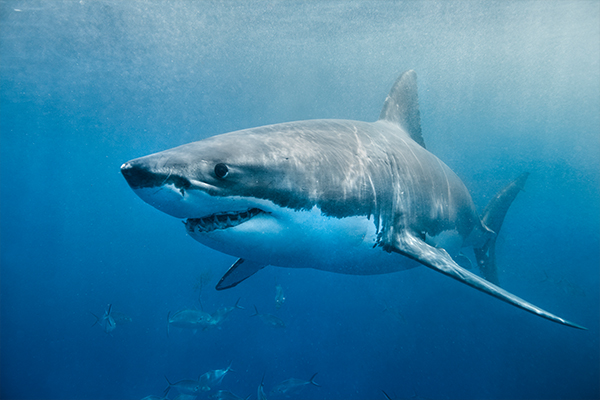Why the national shark attack database has rebranded

The national shark attack database has changed its name in a bid to combat stigma around sharks.
The database, formerly known as the Australian Shark Attack File, is now known as the Shark Incident Database.
Officials have stopped using the word “attack” and are instead referring to “bites”, “interactions” and “negative encounters”.
Exhibits manager at Sea Life Melbourne Aquarium, Tereza Todd, says sharks have been unfairly demonised.
“Unfortunately movies have painted a bad light on sharks,” she told Shane McInnes, filling in for Neil Mitchell.
“They’re not attacking predators, they’re just fish that swim in the ocean and they’re quite curious sometimes.”
Ms Todd says most shark encounters end with the shark swimming away when it realises it’s approached a human, not a food source.
But we only hear about the small number of attack incidents.
“Sharks don’t have hands, they have teeth, and in order for them to feel around their environment they use their mouth and unfortunately that can have bad consequences on people, but it’s quite rare,” she said.
Press PLAY below to hear more about shark incidents and attacks















